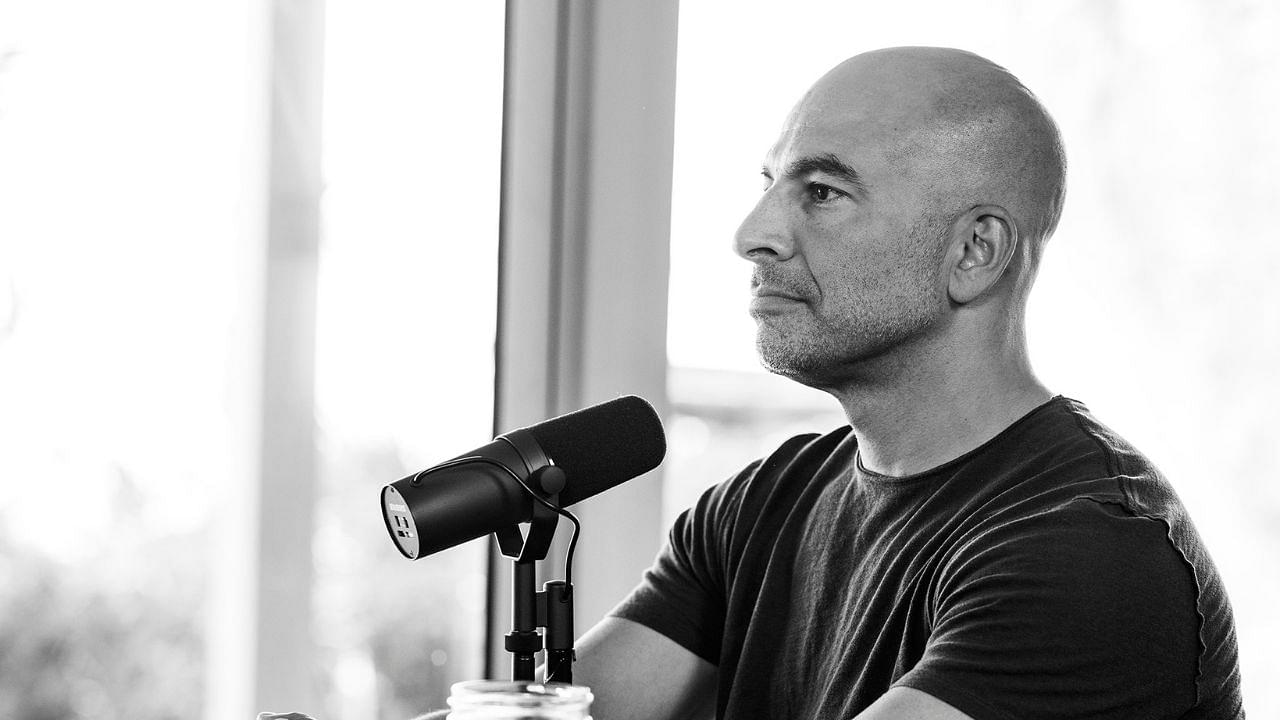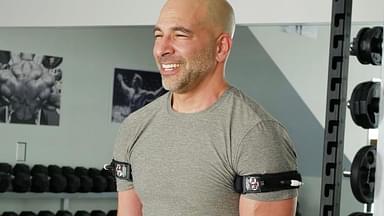Progressing age demands a change in nutrition. But how does it affect one’s protein intake and the quality of source required for better results? Dr. Peter Attia recently teamed up with nutrition scientist Dr. Don Layman to understand the change in protein depending on one’s age.
Protein is an integral ingredient required for muscle strengthening and growth. However, Dr. Layman specified that various kinds of proteins in the body had different life cycles. These variants, depending on the individual’s age, have different turnover rates.
Human beings require around 300 gm of new protein every day. However, the average consumption of an American ranges from 70-90 gms per day. This stat indicates that some protein is recycled. But despite the turnover or recycling, one needs an efficient protein processing system to maximize benefits.
Dr. Layman revealed that this was the part where age played a crucial role. For teenagers, the protein turnover is quite efficient compared to a 60-year-old individual. Therefore, they would respond to protein supplements and exercises in a better way compared to the latter. But there’s a twist to the tale.
“We have learned…with the study of Leucine…is that if you give an enriched source of essential amino acids, more protein, you can actually make the adult look just like the 16-year-old so…the efficiency goes down but the capacity to respond doesn’t.”
Another factor to take into account was the kind of protein consumed. There was a clear difference between plant-based and animal-based protein, where the former demanded more quantity of source. So, if someone were to follow a vegetarian or vegan diet, they would need to increase their protein source quantity appropriately.
“Most people who go to a plant-based diet a vegetarian diet decrease both the quantity and the quality so…if you’re on a plant-based diet you’ll need more protein, and that means you’ll have to have more calories.”
Aging demands specific requirements not only in terms of nutrition but also exercise. While one can manage their protein requirements, it is also important to strengthen muscles through resistance training. Dr. Attia once discussed this subject in detail.
Dr. Peter Attia teamed up with Dr. Stuart McGill to talk about performance training
With age, individuals observe limitations in mobility and flexibility. Joints, back, knees, and more might see a direct impact in such cases. The chances of injuries also increase, given how weak one’s body could be.
In a separate podcast on YouTube, Dr. Attia and Dr. Stuart McGill talk about how performance training was the key to mobility issues. The older generation can benefit from strength training basics since elite athlete training also consists of the same principles. Improving posture and increasing strength could work wonders for the elderly.





